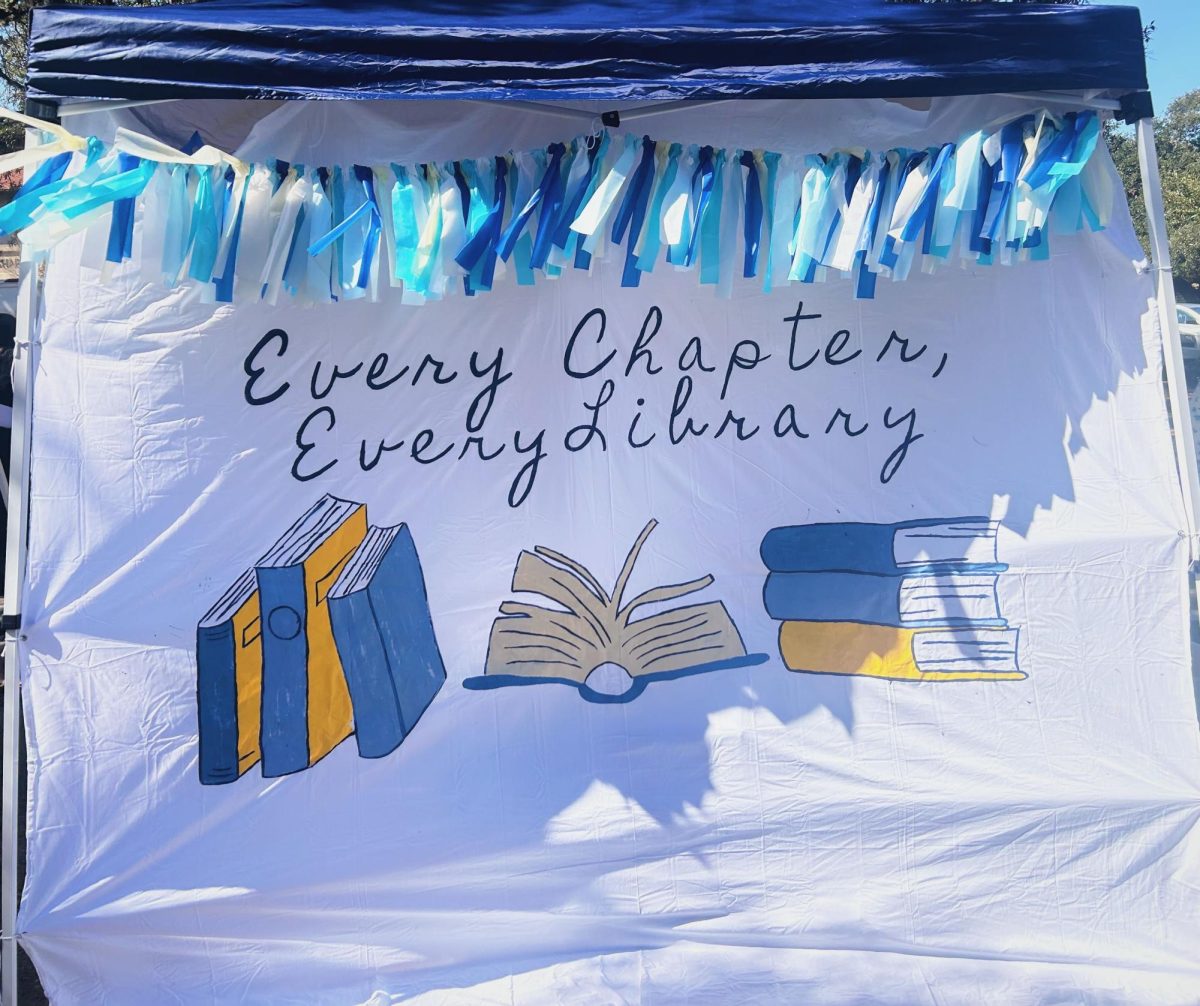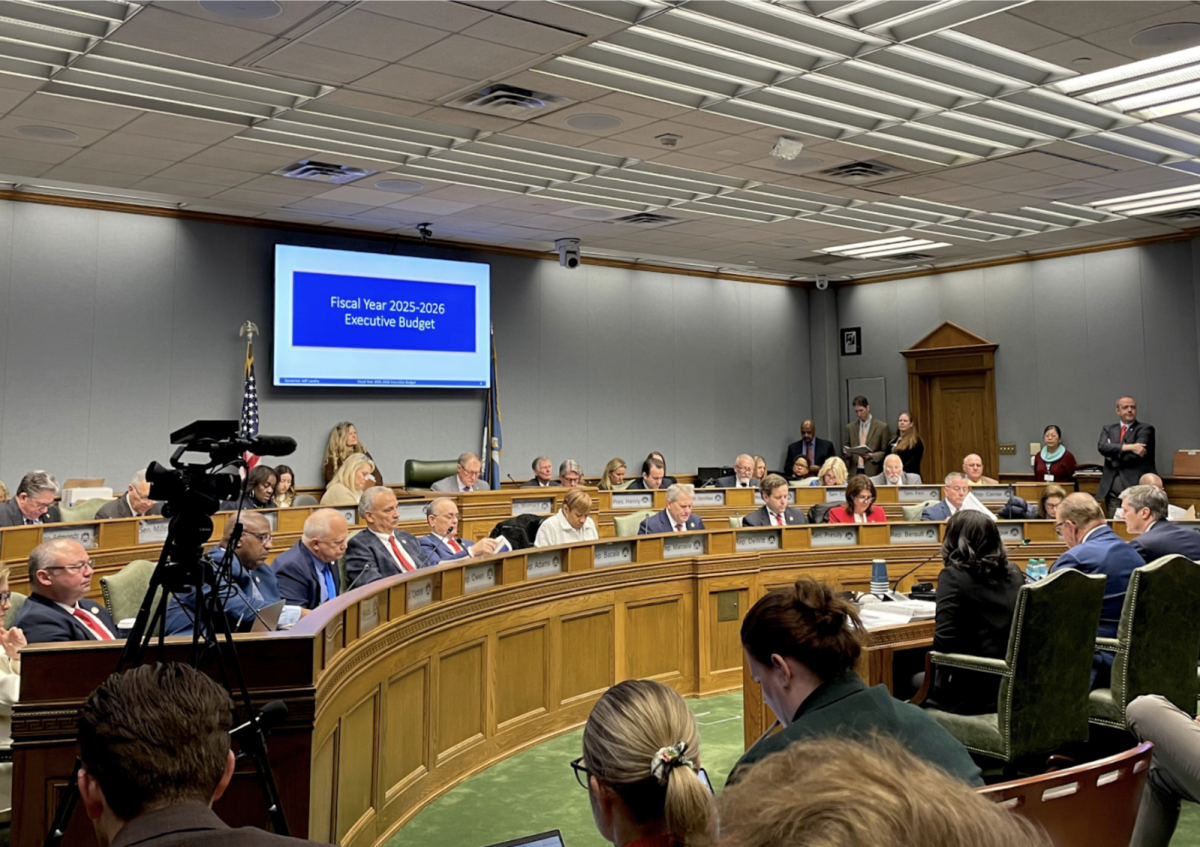The blacking out and blockading of the Free Expression Tunnel in November 2010 spurned feelings of uneasiness throughout campus. Questions about the validity of the tunnel surfaced as they had in reaction to a similar ordeal in 2008.
Student Government sent a mass email to students earlier this semester. The email asked students to complete a short survey regarding the care of the Free Expression Tunnel in light of the reoccurring presence of obscenity. The questions surveyed whether students approved of implementations such as free paint locations across campus, at which individuals could check out paint to use to cover up offensive material. Another question brought up the idea of creating a student group whose sole purpose would be keeping up the tunnel.
Phillip Christofferson, a junior in political science and deputy of staff in Student Government, sent out a follow-up email with the results of the survey. He was one of the forerunners in collecting students’ opinions.
“I organized the survey,” Christofferson said, ”Ideas for the questions were taken from different people around campus and student leaders in Student Government. I know this was the first time we’ve done a survey like that. There’s been times in the past where we’ve tried to get input from students, especially following an incident. The Free Expression Tunnel has been brought up several times in Student Government meetings.”
A majority of students who completed the survey agreed that they were not in favor of the formation of a student group for the Tunnel.
For some students like Candy Thomson, a sophomore in animal science who completed the survey, having a group would take control of managing the tunnel out of the students’ hands.
“The tunnel is about free expression,” Thomson said, “it would be silly to have someone in charge over it.”
Gaivorlor Borbor , a junior in electrical and computer engineering, said he believes that students should take charge of the tunnel themselves.
“If students don’t like what they see,” Borbor said, “they can paint over it or not look at it. Having a student group would be weird.”
While a majority of students were against having a student group, there were still a significant number of students—a number too significant to be overlooked by Student Government— saying that they were for having a student group. Christofferson said he was impressed by the outcome of the survey.
“We definitely had a great turnout,” Christofferson said, “it was what I was expecting. Even higher.”
Student Government will not lead the formation of a group, but as a compromise they are offering to help students who are still interested in organizing a group on their own.
The email containing the results of the survey called for anyone interested in being the founder of such a group to email Student Government. That person would be given the list-serve of all students who indicated in the survey that they were interested in the progress of the Free Expression Tunnel. The group would be responsible for creating their own mission and objectives.
“Student Government would give any help in setting things up and getting the word out,” Christofferson said, “I have had one person interested.”
The findings from this survey proved that students share real concern about the Free Expression Tunnel. Christofferson is one of many hoping that the condition of the tunnel will improve for the better.
“There will be people who will do what they want,” Christofferson said, “they have a right to their opinion. I hope in the future the tunnel will be more diversity appreciative.”






